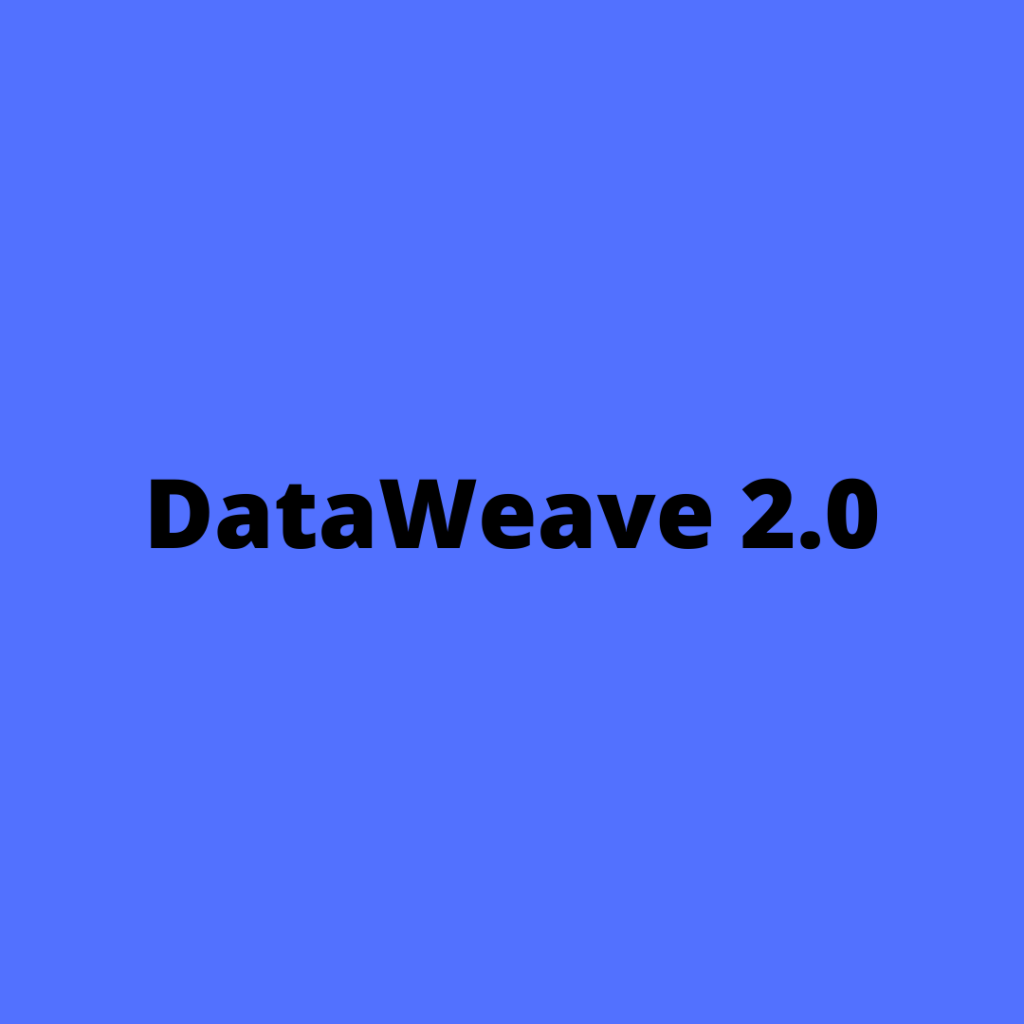
HOFs are so prolific in DataWeave’s library that there are additional syntax features that make them easier to use. For functions that DataWeave provides, you can represent the first, second, and third arguments of the passed lambda as $, $$, and $$$, respectively. When you do this, you do not need to specify the arguments of the lambda when you pass it to the function. Here’s our odd number filter example from earlier using the dollar-sign syntax:
DW Script:
%dw 2.0 output json var numbers = (1 to 5) --- numbers filter (($ mod 2) == 1)
Output:
[1,3,5]
The dollar-sign syntax gives us all the same functionality as when we reference something by its name. This means we can chain selectors and indexes right off of the dollar-sign in order to query data:
Input:
[
{
"id": 1,
"item": "cheese",
"price": 4.00
},
{
"id": 2,
"item": "steak",
"price": 15.00
},
{
"id": 3,
"item": "cereal",
"price": 5.00
},
{
"id": 4,
"item": "apples",
"price": 2.00
}
]
DW Script:
%dw 2.0 output json --- payload filter $.price > 5
Output:
[
{
"id": 2,
"item": "steak",
"price": 15.00
}
]
Follow Me
If you like my post please follow me to read my latest post on programming and technology.

Leave a Comment
You must be logged in to post a comment.